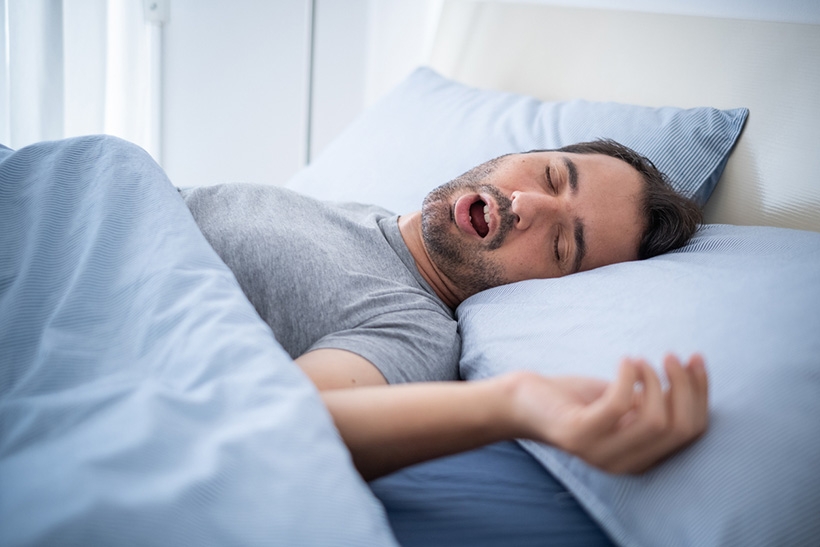Sleep apnea is a fairly common sleep disorder that affects 2-9% of adults in the United States. The reason behind the wide range in these numbers is that many people with sleep apnea are unaware that there’s a problem since it occurs while they sleep.
At Houston Sinus Surgery, Cecil Yeung, MD and Marcus Hershey, MD want our patients to be more aware of sleep apnea, because if left untreated, this disorder can lead to more serious problems, such as cardiovascular disease, not to mention a lack of quality sleep.
With that in mind, we review eight signs that could indicate you have sleep apnea.
1. More than snoring
Most everyone snores from time to time, and some people even have chronic problems with snoring. The snoring that comes with sleep apnea, however, is quite different, because it’s caused when your airways collapse, which prevents you from breathing. The snoring associated with sleep apnea is often very loud and ends with choking, gasping, or snorting as your brain rouses you to clear your airways.
2. Ceasing to breathe
This symptom isn’t one you’re likely to notice, but your bedmate may. People with sleep apnea often stop breathing throughout the night, and each episode is usually followed by a sudden gasp for air.
3. Daytime fatigue
With sleep apnea, each time your airways collapse, your brain wakes you long enough to clear them again. This can happen throughout the night, dozens of times an hour. And while you may not wake up fully each time, this repeated rousing can prevent you from getting the restorative rest you need, which can lead to excessive daytime drowsiness, fatigue, and a general lack of energy.
4. Sore throat
Many people with sleep apnea wake up in the morning with a sore throat or dry mouth, since they’re using their mouths more to take in air.
5. Frequent urination
Another symptom of sleep apnea is nocturia, which is the frequent need to urinate throughout the night.
6. Headaches
The struggle to breathe throughout the night combined with the lack of proper sleep can often lead to headaches during the daytime.
7. Trouble focusing
If you find that you have difficulty concentrating or focusing during the day, it could be a sign that you’re not getting the rest you need at night because of sleep apnea.
8. Irritability
This symptom is also related to a lack of sleep. Many people with sleep apnea report that they find themselves more irritable and moody during the day.
The best way to get to the bottom of your sleep issue is to come see us, so we can review your symptoms and perform the necessary tests to determine if you have sleep apnea. To learn more, book an appointment online or over the phone with Houston Sinus Surgery today.




